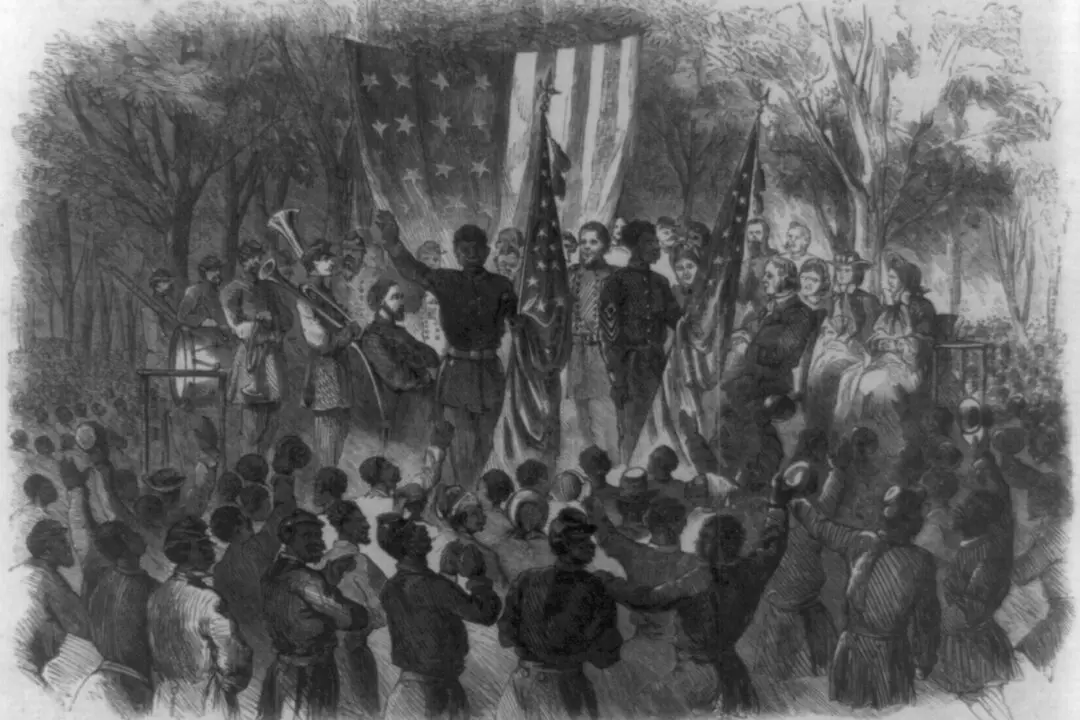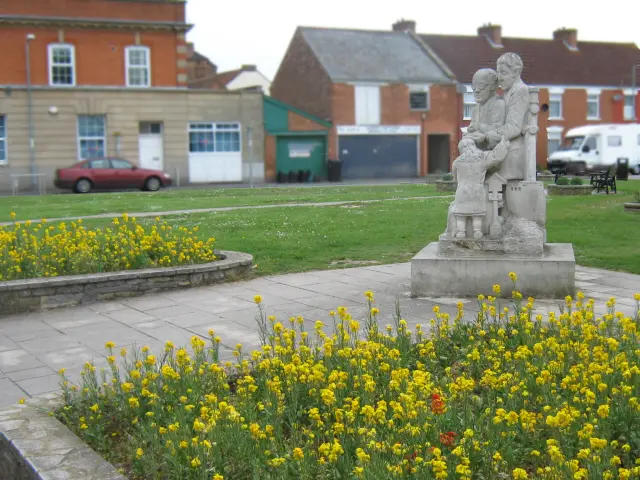Although they were not on the frontlines of battle as often as men, many American women have played vital roles during wartime. Nancy Hart has become a legend for her loyal support of America during the War for Independence.
Much about this colonial frontier lady has faded from memory, but most historians agree that Hart was born in 1735 in North Carolina. She was allegedly related to Daniel Boone and Revolutionary War general Daniel Morgan. She married Benjamin Hart in 1760. and in the 1770s the couple moved to the Broad River Valley in Georgia where they had eight children.






